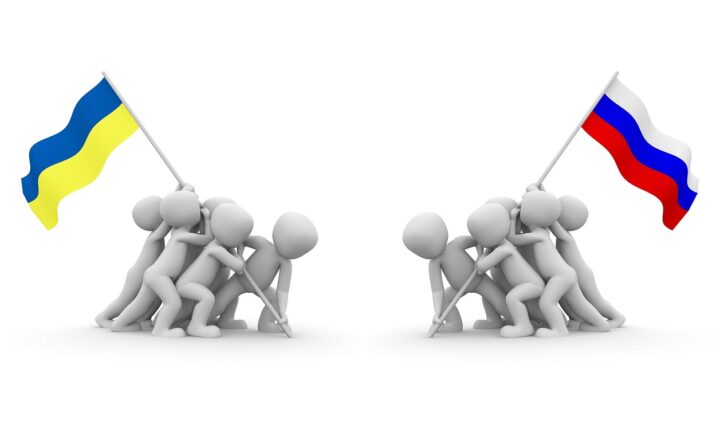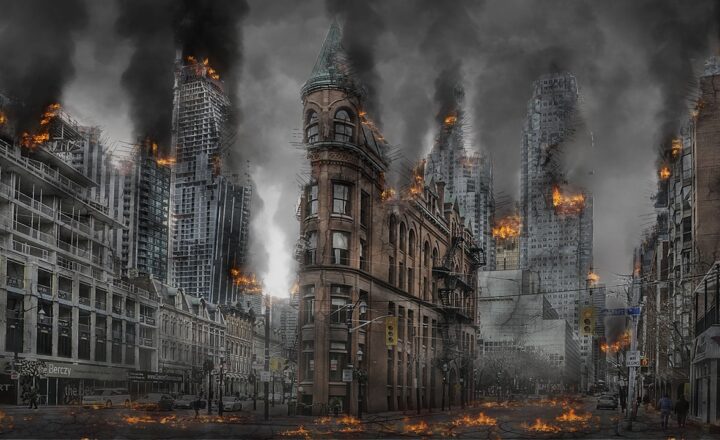
Wars have been pivotal in shaping not only nations but also the political landscapes of the world. From the battlefields of ancient times to modern conflicts, the struggles and ideologies that emerged have influenced governance, societal values, and international relations. In this article, we will explore a selection of historical wars that have had lasting effects on modern politics, examining the lessons we can draw from these events today.
1. The Peloponnesian War (431-404 BC): The Clash of City-States
The Peloponnesian War, fought between Athens and Sparta, was an intense conflict that highlighted the tensions between democratic and oligarchic systems. Athens, with its democratic governance, sought to expand its influence, while Sparta’s military oligarchy aimed to maintain its power and autonomy.
This war taught us about the fragility of democracy when faced with external pressures and the consequences of imperial overreach. The eventual victory of Sparta led to a brief oligarchic rule in Athens, showcasing how power can shift dramatically through war—an important lesson for modern democracies that may seek expansionist policies.
2. The Thirty Years’ War (1618-1648): Religious Conflicts and State Sovereignty
The Thirty Years’ War was initially a conflict between Catholic and Protestant states within the Holy Roman Empire, but it eventually attracted the involvement of major powers across Europe. The war not only reshaped the religious map of Europe but also laid the groundwork for the concept of state sovereignty.
The Peace of Westphalia in 1648 marked a significant turning point, establishing principles of territorial integrity and non-interference, which still influence international law today. Modern political leaders can learn from this war that religious and ideological zeal can lead to devastating conflicts, underscoring the importance of dialogue and diplomacy in maintaining peace.
3. The American Civil War (1861-1865): The Fight for Unity and Equality
The American Civil War was primarily fought over the issues of slavery and states’ rights. Its outcome not only preserved the Union but also initiated a significant transformation in American society, leading to the abolition of slavery and setting the stage for the civil rights movement.
The legacy of the Civil War teaches modern nations about the significance of addressing social justice issues and the potential consequences of division. Today, conflicts over equality and representation can still lead to intense political strife, demonstrating that unresolved social issues can undermine national unity.
4. World War I (1914-1918): The End of Empires and the Birth of Nation-States
The First World War marked the collapse of several empires, including the Austro-Hungarian, Ottoman, German, and Russian Empires, leading to the emergence of new nation-states. This redrawing of borders often ignored ethnic and cultural divisions, resulting in ongoing conflicts.
The Treaty of Versailles, which concluded the war, sowed the seeds for future unrest, including World War II. This teaches contemporary policymakers the importance of creating sustainable peace arrangements that consider historical grievances and the aspirations of various peoples. Failure to do so can lead to cyclical violence and instability.
5. The Cold War (1947-1991): Ideological Struggle and Political Polarization
The Cold War was characterized by the ideological confrontation between the United States and its allies against the Soviet Union and its satellites. This conflict was unique in that it was fought through proxy wars, espionage, and propaganda rather than direct military engagement.
The Cold War emphasizes the impact of ideological divides on international relations. The way nations navigate ideological differences today can draw lessons from this era, particularly on the importance of diplomatic engagement to prevent escalation into armed conflict. Political polarization, as seen through the lens of the Cold War, remains a challenge for many democracies today.
6. Conclusion: Learning from the Past to Shape the Future
Each historical conflict offers valuable insights into the complexities of power, governance, and social justice. The wars mentioned above are not just events of the past; they are critical case studies that inform our understanding of contemporary political challenges.
As we analyze these historical wars, we must recognize the cyclical nature of politics and the importance of learning from past mistakes. By understanding the dynamics of conflict and resolution, modern leaders and citizens alike can work toward building a more peaceful and equitable global society.
The lessons learned from these historical wars remind us that peace is not just the absence of conflict but requires active engagement and understanding among nations and peoples. It is a call to reflect on our history and strive for a future where political discourse leads to unity rather than division.








